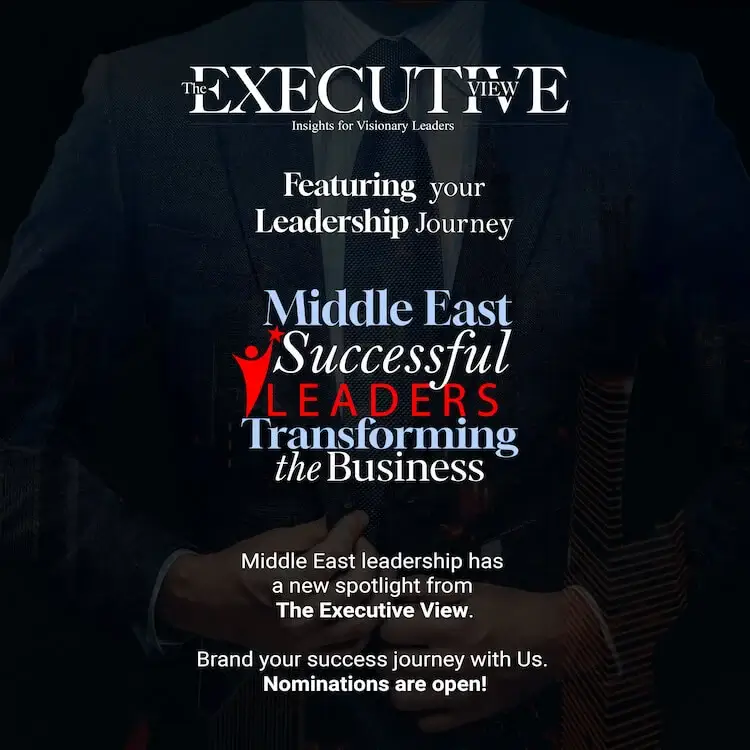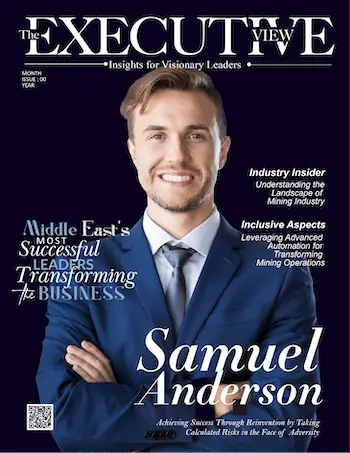By Ivan Palomino
Talent acquisition is at the center of any business success. One of the most critical elements for attracting Gen Z is the company’s culture. With the rise of work from anywhere, hire from anywhere, and an easier interview process all done virtually, there’s no reason for employees (or future recruits) not to look for better opportunities matching their aspirations for better workplaces.
Among all the workforce generations, Gen Z is one of the hardest to attract for companies. This is because Gen Zs expect their workplaces to coincide with their values, be inclusive of all cultures, facilitate massive learnings, take into consideration their mental health and wellbeing, and be ethical in all forms. All these expectations are of immense importance to a Gen Z candidate, and the lack of any one of them may result in the choice of another employer. According to Evan Sohn, CEO of Recruiter.com: “the focus is now shifting from hiring numbers to filling workforce demand to centric employee experience”.
Gen Z’s pays attention to employer branding, and hence workplaces have to create new ways to enhance and communicate their brand image. Organizations need to define and communicate who they are, what their purpose is, and what makes them unique. It is crucial that these qualities are accurately and consistently communicated across social media channels, employer review sites, and other platforms – Gen Z is paying attention!
An employer’s branding is a widely recognized and largely uniform perception or impression of an individual based on their experience, expertise, competencies, actions and/or achievements within a community, industry, or the marketplace at large.
When engaging with Gen Z applicants, it is important that companies communicate the culture of their organization and what values they promote. Gen Z’s have to get a sense of inclusion in their workplaces. They must feel like they are a part of the team and that their managers consider them worthy of making decisions. Managers also have to make sure there is synergy between what interests the candidates and what the organization stands for. This transparency will work wonders down the line as it will help attract as well as retain potential employees.
Here are three ways companies can attract and retain a Gen Z:
- Be Transparent with your workplace culture:
Today’s GenZ generation gives priority to honesty and transparency. If they cannot trust their leaders, they refuse to work there. GenZ employees feel supported and empowered once they are fully aware of the culture around them. Gen Z is entrepreneurial in nature, and the majority of them value on the face settings in an office. They are willing to stand up to their mistakes if the other person is honest with them. Organizations that are transparent about their company cultures from the hiring process seem more attractable in the market.
- Build internal mobility programs:
With the current crisis, it’s never been more important to invest in your employee base and make sure every employee is well suited and satisfied with their job. By building internal mobility programs, companies can demonstrate how serious they are about the development and progression of their staff. Every company has to realize that their staff is their most valuable asset, and their happiness will result in the progress of the organization. Hence serious efforts have to be taken so that employees do not choose to leave the organization.
- Mentally Healthy and Safe Workplace:
Some of the widest gaps between Gen Z and other generations are around feeling their workplaces are psychologically and emotionally healthy. The American Psychological Association has identified Gen Z as the most stressed generation, attributed to growing up while the world has faced severe global challenges like gun violence, climate change, political instability, racial reckoning, and a pandemic. Great employers will need to ensure Gen Z feels emotionally supported in the workplace through things like regular check-ins and encouragement to practice self-care (although to be clear, that’s something all generations could benefit from after the past year).
The success of your talent attraction strategy will depend on how much you know about them.
About the Author
Ivan Palomino is a Learning Strategist and Behavioral Designer. He is the co-founder of Bessern (EdTech equipping people with the mindset, skills and mental resources for change). He has 18 years’ experience as a senior executive in marketing and corporate strategy with a proven track record and passion for innovation and human development. Ivan is a Wellbeing at Work Advocate and is an expert on Behavioral Sciences applied to Learning.









